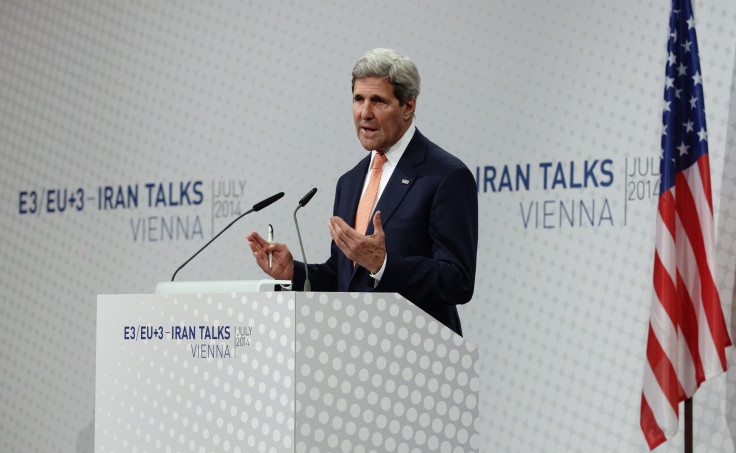US Imposes Fresh Sanctions On Companies, Individuals Over Iran's Nuclear Program

The United States, on Friday, imposed fresh sanctions on banks, companies and individuals suspected of supporting Iran’s nuclear enrichment program and helping Tehran evade existing sanctions, The New York Times reported.
“These sanctions send a clear message that the United States will act resolutely against attempts to circumvent U.S. sanctions. Individuals and companies providing support to illicit Iranian nuclear activities program or engaged in assisting Iran’s efforts to evade U.S. sanctions will face serious consequences,” the U.S. State Department said in a statement released Friday.
Among those targeted are the Moscow-based Asia Bank, which the U.S. claims has violated sanctions imposed to prevent Iran's government from acquiring U.S. currency, and a number of Tehran-based companies, including the Organization of Defensive Innovation and Research, which was established in 2011 by Mohsen Fakhrizadeh -- considered the father of Iran’s nuclear program.
The new U.S. sanctions, which will add to existing international ones, come amid reports of Iran resisting efforts to allow inspectors from International Atomic Energy Agency, or IAEA, to access its nuclear enrichment facilities.
“The Treasury’s action against over 25 entities and individuals – who are involved in expanding Iran’s proliferation program, supporting terrorism in the region, and helping Iran evade U.S. and international sanctions – reflects our continuing determination to take action against anyone, anywhere, who violates our sanctions,” Under Secretary for Terrorism and Financial Intelligence David Cohen said in a statement released Friday.
Talks over the future of the country’s nuclear program, being held in Vienna between Iran, the U.S. and five other countries --collectively known as P5+1 -- have so far failed to produce any tangible results. In July, the talks were extended for four months, giving negotiators time to bridge major differences.
The United States and its negotiating partners -- Britain, France, Germany, China and Russia -- have demanded that Iran dismantle major elements of its uranium enrichment program. Iran, however, has consistently claimed that manufacture and production of new centrifuges is its right as a sovereign nation and that it is enriching uranium for peaceful energy purposes only.
Iran has also refused to stop the construction of a new generation of centrifuges that could enrich uranium up to 24 times faster than those now installed at the country’s existing enrichment sites, Associated Press, or AP, reported.
© Copyright IBTimes 2024. All rights reserved.






















